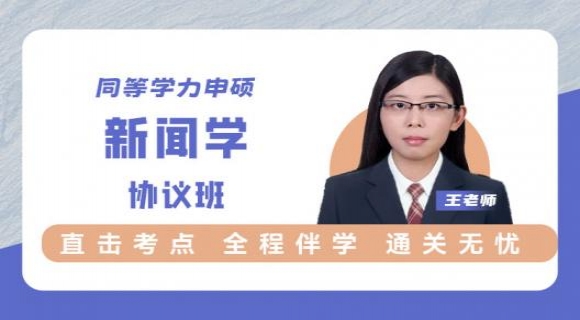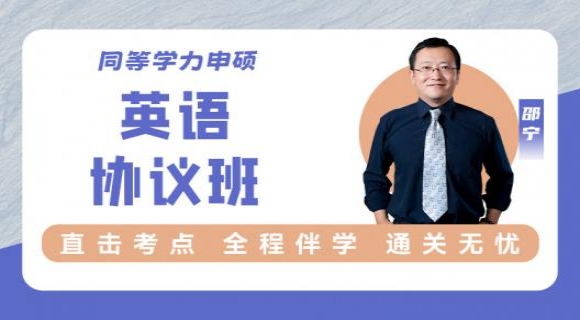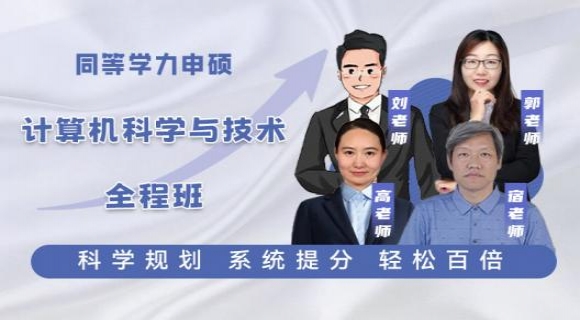
Forests give us shade, quiet and one of the harder challenges in the fight against climate change. Even as we humans count on forests to soak up a good share of the carbon dioxide we produce, we are threatening their ability to do so. The climate change we are hastening could one day leave us with forests that emit more carbon than they absorb.
Thankfully, there is a way out of this trap - but it involves striking a subtle balance. Helping forests flourish as valuable "carbon sinks" long into the future may require reducing their capacity to absorb carbon now. California is leading the way, as it does on so many climate efforts, in figuring out the details.
The state's proposed Forest Carbon Plan aims to double efforts to thin out young trees and clear brush in parts of the forest. This temporarily lowers carbon-carrying capacity. But the remaining trees draw a greater share of the available moisture, so they grow and thrive, restoring the forest's capacity to pull carbon from the air. Healthy trees are also better able to fend off insects. The landscape is rendered less easily burnable. Even in the event of a fire, fewer trees are consumed.
The need for such planning is increasingly urgent. Already, since 2010, drought and insects have killed over 100 million trees in California, most of them in 2016 alone, and wildfires have burned hundreds of thousands of acres.
California plans to treat 35,000 acres of forest a year by 2020, and 60,000 by 2030 - financed from the proceeds of the state' s emissions- permit auctions. That's only a small share of the total acreage that could benefit, about half a million acres in all, so it will be vital to prioritize areas at greatest risk of fire or drought.
The strategy also aims to ensure that carbon in woody material removed from the forests is locked away in the form of solid lumber or burned as biofuel in vehicles that would otherwise run on fossil fuels. New research on transportation biofuels is already under way.State governments are well accustomed to managing forests, but traditionally they've focused on wildlife, watersheds and opportunities for recreation. Only recently have they come to see the vital part forests will have to play in storing carbon. California's plan, which is expected to be finalized by the governor next year, should serve as a model.
1. By saying “one of the harder challenges ,”the author implies that_________.
A. global climate change may get out of control
B. people may misunderstand global warming
C. extreme weather conditions may arise
D. forests may become a potential threat
2. To maintain forests as valuable “carbon sinks," we may need to__________.
A. preserve the diversity of species in them
B. accelerate the growth of young trees
C. strike a balance among different plants
D. lower their present carbon-absorbing capacity
3. California's Forest Carbon Plan endeavors to_______.
A. cultivate more drought-resistant trees
B. reduce the density of some of its forests
C. find more effective ways to kill insects
D. restore its forests quickly after wildfires
4.What is essential to California's plan according to Paragraph 5?
A. To handle the areas in serious danger first.
B. To carry it out before the year of 2020.
C. To perfect the emissions-permit auctions.
D. To obtain enough financial support.
5. The author's attitude to California's plan can best be described as________.
A. ambiguous
B. tolerant
C. supportive
D. cautious
1.【答案】D forests may become a potential threat
【解析】 根据题干信息词定位到首段。第一句引出文章话题“在人类对抗气候变化中,森林给我们带来了一个更为艰巨的挑战。”第二句指出人类正在威胁到森林吸收二氧化碳的能力。第三句“The climate change we are hastening could one day leave us with forest that emit more carbon than they absorb.”为本段的主题句,指出我们人类所造成的气候变化问题最终会使得森林排放更多的二氧化碳,而不是吸收。即森林可能会威胁气候的恶化和人类的生存。故选择D项“森林可能会变为一个潜在威胁。”
2.【答案】D Lower their present carbon-absorbing capacity
【解析】根据题干要求定位到第二段。该段首句中的前半句there is a way out of this trap对应题干中To maintain forest as valuable “carbon sinks”, 后半句提出具体的解决方法it involves striking a subtle balance(这需要达到一个微妙的平衡),但并没有说这个平衡是不同植被间的平衡,故不能据此选[C]strike a balance among different plants。紧接着第二句提到要达到这一目的可能需要reducing their (forests’) capacity to absorb carbon now(降低他们(森林)现在吸收碳的能力),由此可知正确答案应为[D]选项。
3.【答案】B reduce the density of some of its forests
【解析】细节题做题的技巧是“准确定位和匹配”。根据题干关键词 “Forest Carbon Plan”定位至第三段第一句话。题干中问题是“endeavor to”表示“努力做…”对应文章中 “double efforts to” ,因此答案在这个短语之后即“thin out young trees and clear brush in parts of the forest”表示的意思是使“森林里部分小树变稀疏,清理部分灌木”,这与选项C中的“reduce the density of some of its forests”即“降低森林的密度”一致。因此正确答案选C。
4. 【答案】A To handle the areas in serious danger first
【解析】根据题目定位到第5段,题目What is essential to California's plan 中的essential可回文定位,对应原文中的so it will be vital to prioritize areas at greatest risk of fire or drought的vital,其后的prioritize对应选项中的handle…first,areas at greatest risk对应选项中的the areas in serious danger,故正确选项为A。
5.【答案】C supportive
【解析】 根据题干关键词“attitude”,可确定是态度题。做态度题的核心是把握明显感情色彩的关键词,即可快速得出答案。而在文章的最后一段,往往会出现本文的结论,容易出现感情色彩的关键词。根据最后一段最后一句,California's plan, which is ……, should serve as a model (California的计划应该能够起到榜样作用),model是一个积极色彩的词汇,所以答案选B supportive 支持的。











